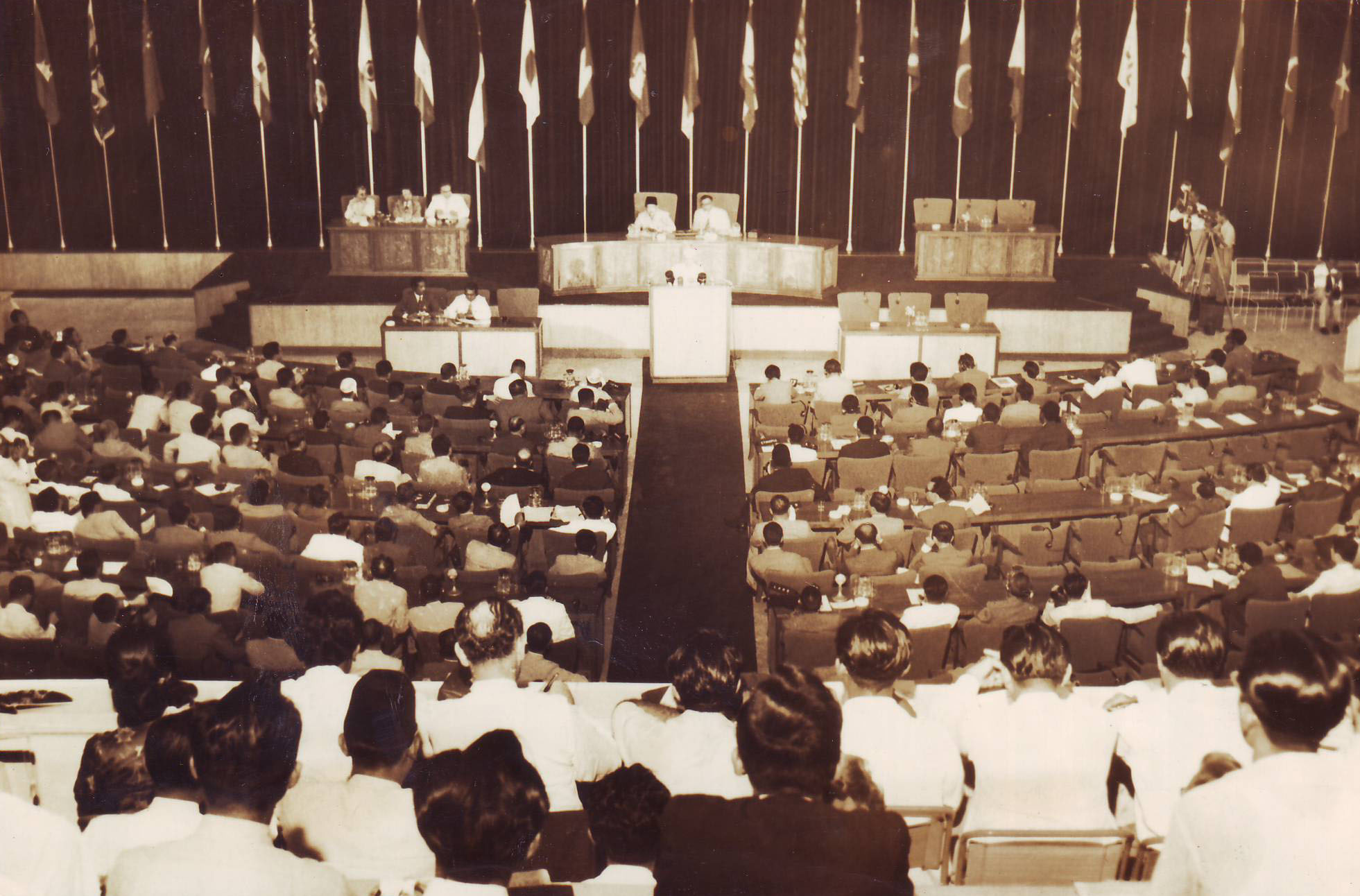Economic Histories of the Global South Seminar Series | Feb – May 2025

Session 1 | Book Discussion: Shipping Lords and Coolie Stokers: Class, Race and Maritime Capitalism in the Early Twentieth Century
27 February, 6-8pm IST
Speaker: Ravi Ahuja (Centre for Modern Indian Studies, University of Göttingen)
When eighty-seven passengers and crew died in the shipwreck of the Royal Mail ship Egypt in 1922, the accident gave rise to a racist international press campaign against the employment of Indian seafarers, such as those who made up most of the ship’s crew. This was not unusual at a time when a fifth of the British mercantile marine’s workforce was recruited from the subcontinent. Drawing on a dense and varied corpus of material that includes judicial sources, contemporary newspapers, technical manuals, literary writings and memoirs, this microhistory examines modalities of racialised labour management in one of the most advanced sectors of a highly developed capitalist economy. Ravi Ahuja explains the business logic behind a labour regime steeped in racist irrationalism and examines the scope for solidarity among a divided workforce in an age of imperialism.
Ravi Ahuja has researched widely on India’s social history of the eighteenth to twentieth centuries and has taught modern South Asian history in Heidelberg, London, and since 2009 at the Centre for Modern Indian Studies in Göttingen.
Discussants: Elizabeth Esch (University of Kansas), Liam Campling (Queen Mary University) & Alejandro Colas (Birkbeck University)
Session 2 | Book Discussion: Labors of Division: Global Capitalism and the Emergence of the Peasant in Colonial Panjab
20 March, 6-8pm IST
Speaker: Navyug Gill (William Paterson University)
One of the most durable figures in modern history, the peasant has long been a site of intense intellectual and political debate. Yet underlying much of this literature is the assumption that the peasantry simply existed everywhere, a general if not generic group, traced backward from modernity to antiquity. In this book, Navyug Gill explores the landowning peasant and landless laborer as novel political subjects forged in the encounter between colonialism and struggles over culture and capital within Panjabi society. Through a careful interrogation of a disparate archive – settlement reports and legal judgments to labor contracts, vernacular poetry, and family budgets – he challenges the givenness of the peasant by explicating the ideological and material divisions that transformed power in rural Panjabi society. Weaving together economic logic with cultural difference, Gill re-thinks the itinerary of global political economy alongside alternative possibilities for emancipatory futures.
Navyug Gill is a historian of modern South Asia, focusing on questions of agrarian change, labor politics, caste hierarchy, postcolonial critique and global capitalism.
Discussants: Rajmohan Gandhi (University of Illinois) & Tanya Matthan (London School of Economics)
Session 3: The Making of Mozambique’s Working Class: Race, Empire and Proletarianization
24 April, 6-7.30pm IST.
Speaker: Ruth Castell-Branco (University of Witwatersrand)
Marxist scholarship has been instrumental to the theorization of proletarianization. For Marx, the brutal historical process which transformed own-producers into wage-workers was both a source of freedom and of alienation. Inspired by emerging working-class formations in industrial Europe, he predicted that worker struggles against capital would eventually coalesce into a class not only of itself but for itself. However, the process of proletarianization in much of the colonized world was far more uneven than Marx imagined. In much of Southern Africa, for instance, racial capitalism did not require absolute dispossession. Instead, a hybrid system developed, buttressed by the interdependence between own-production and wage-labour. Over time, however, the socioeconomic basis of this hybrid system buckled, triggering a crisis of reproduction in the labour reserves, compounded by industrial stagnation in the nodes of accumulation. This chapter, which is part of a broader book project, traces the uneven and contested process of proletarianization in Mozambique, and explores the implications for working class politics in the postcolonial period.
Ruth Castel-Branco is a Senior Researcher at the Southern Centre for Inequality Studies, University of the Witwatersrand.
Discussant: Dhiraj Kumar Nite (Ambedkar University)
Session 4: Automatic for the People?: Labor, Machines, and Ecology in Modern India
22 May, 6-7.30pm IST
Speaker: Benjamin Siegel (Boston University)
Between the 1870s and the 1920s, new technologies of automation transformed the Indian textile industry. Power looms, ring spindles, and dobby and jacquard looms offered labor-saving innovation and an alternate production model to the prevailing “jobber” system, wherein intermediary broker-managers recruited low-wage laborers through connections and dasturi / bribery. But automation as an ideology — conjured variously as mechanization, industrialization, or scientific production — was not limited to industrial contexts. Even the idioms of small-scale rural production were being remade by the promise of automation: the ambar charkha, a spinning machine promoted by the khadi movement, was lauded as a tool that could save family labor, offering “objective” [vastu-nishth] production in place of the traditional charkha’s “subjective” [vyakti-nishth] spinning. These pitched debates over automation transcended purely technical questions, intersecting with broader anxieties about India’s growing population and changing ecology. As machines promised to multiply production while reducing human input, they forced a fundamental reevaluation: what was the role of human labor in an increasingly automated world?
Benjamin Siegel is Associate Professor of South Asian and transnational history at Boston University, USA.
Discussant: Nasir Tyabji (Former Director and Professor, Jamia Milia Islamia)
Catch-up
Those interested in this series can catch-up on all the recordings from the Economic Histories of the Global South seminar series playlist on out YouTube channel